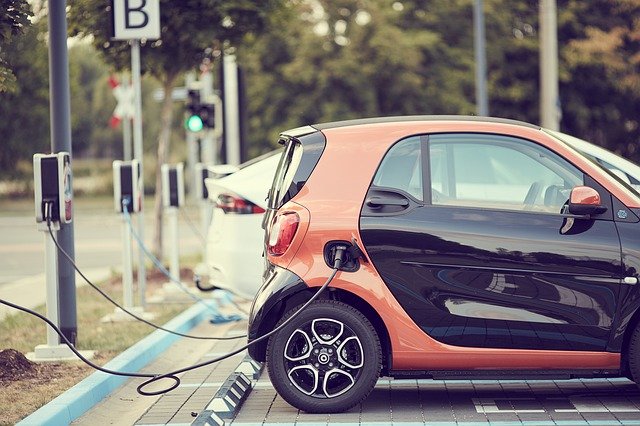 It’s now three years since we published a blog post titled The electric car is coming. Tyre manufacturers will need to up their game.
It’s now three years since we published a blog post titled The electric car is coming. Tyre manufacturers will need to up their game.
What we couldn’t have foreseen then — or maybe we should have done — is just how rapidly EVs (electric vehicles) have taken off. In the UK and throughout Europe, EV sales are through the roof. For example, plug-in EV sales in the UK were 14.7% of the market in May 2021; in Norway, they had a staggering 83% market share. Every other TV car advert seems to be for a hybrid or full-on EV. And VW Group, one of the world’s largest auto manufacturers, has gone all-in on EVs.
So it’s fair to say that the EV isn’t some distant prospect any longer. It’s here right now. The question is, are tyre manufacturers keeping up?
The EV challenge for tyre makers
As we pointed out before, EVs can pose additional challenges for tyre makers. A summary would go something like this:
- EVs can produce shedloads of instant torque, making grip an issue.
- EVs have to lug around batteries, and that adds a lot of extra weight. Weight adds extra stress onto tyres and makes them wear more quickly.
- Without the racket from an internal combustion engine (ICE), tyre noise can become intrusive.
- EVs have lower range than their ICE equivalents, and to maximise this, the tyres’ rolling resistance needs to be kept down…
- …but with too low a rolling resistance, grip suffers, bringing us back to issue 1.
Getting the EV tyre problem in proportion
With three years’ additional experience of EVs, it’s possible to get a bit more perspective on these challenges.
Let’s take the range issue, for example. Three years ago, range anxiety was the biggest single issue stopping people buying EVs. In Europe at least, that’s changed. Of course, range is still a concern for many, but nowhere near what it was in 2018. Perhaps potential buyers have realised that with the average UK car journey lasting just 8.4 miles, they don’t really need a 300 mile range most of the time.
Reflecting this sea change in attitude, several recent car models have embraced being fun, lower-range, urban runarounds — the impossibly cute Honda E springs to mind.
If range stops being the number one concern for users (even if it still remains important), that’s a major constraint lifted from tyre manufacturers.
What about all that instant, tyre-shredding torque? Well, although EVs do produce more torque than their ICE cousins, the amounts depend on what EV we’re talking about. Tyres are certainly going to be a challenge for the Tesla Model S Plaid: it’s currently the fastest accelerating production car in history, with 1369 Nm of torque and a face-melting 0-60 time of under two seconds. But at the other end of the scale, a Volkswagen e-up! produces a healthy but not extreme 210 Nm, and pootles up to 60mph in a modest 12.4 seconds. That’s well within what tyre manufacturers have been used to dealing with for decades.
Then there’s the weight issue. There’s certainly no getting round the fact that batteries, and hence EVs, are heavy. Even a little Renault Zoe weighs a lardy 1480kg. However, long before EVs went mainstream, tyre manufacturers were already coping with increasingly heavy vehicles. There are two main two reasons:
- Newer cars of all types are bigger than they used to be, and lug around much more safety features and creature comforts. The lightest Mk 1 VW Golf weighed just 790kg. The lightest Mk 8 weighs 1255kg, or 58% more.
- In the UK, larger and heavier SUVs have gradually been displacing saloon cars from the market.
So, do tyre manufacturers need to change anything for EVs?
All of this makes it sound like it’s business as usual for tyre manufacturers, and that they don’t need to do anything to accommodate the EV revolution. But that would be overstating things: manufacturers will need to adapt to EVs, altering their products to suit.
What we’re suggesting is that the advent of EVs just amplifies challenges that were already there, and makes them more pressing. In other words, manufacturers are facing a steeper slope, rather than a sudden mountain.
In the next blog, we’ll take a more specific look at what the big tyre names are doing as the car landscape around us rapidly changes.
The BK Tyres blog carries news, views and information on tyres and related subjects. BK Tyres supplies and fits tyres throughout South Oxfordshire, including the communities of Abingdon, Didcot and Henley on Thames. As an independent, family run mobile provider, we provide exceptional levels of service and affordable prices. Contact us today.
